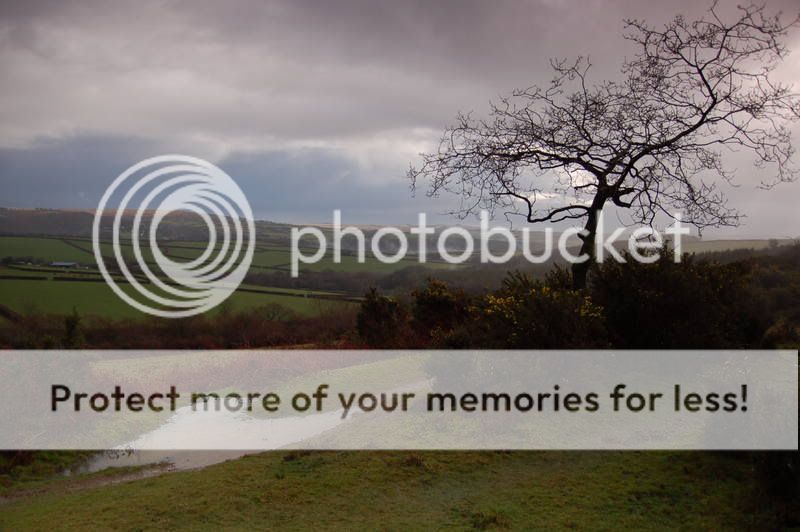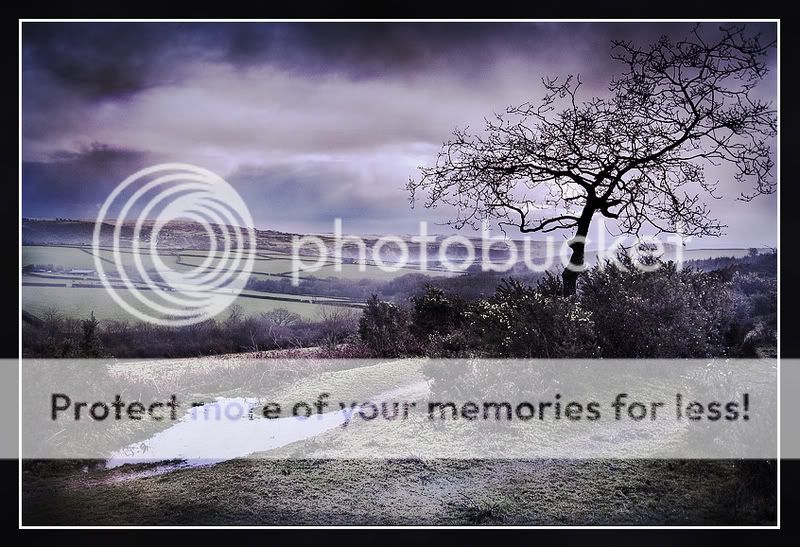Rand0m411
TPF Noob!
- Joined
- Mar 3, 2008
- Messages
- 84
- Reaction score
- 1
- Can others edit my Photos
- Photos OK to edit
Over half of what I see posted about JPEG by RAW shooters is awfully inaccurate and provably false at worse, or exaggerated at best. Some of the benefits of RAW while technically accurate you might only be able to see at 100% viewing (the equivalent of having your nose into a 3 foot wide print), or even 200% (nose into a 6 foot wide print) which isn't how anybody actually views photos. And I routinely do things with my JPEGs that people say you "can't" do unless you're shooting RAW, which I honestly think is pretty funny. The article that Mike posted is good, but you can hardly tell ANY difference in the example images posted.
Here's the biggest reason for shooting RAW as per that article.
Line by line...
Not really. "Burned in" implies you're hard-locked to whatever the JPEG is, but that's not true at all.
Most JPEG outputs from DSLRS are on the SOFT side precisely because over-sharpened JPEGs that you try to soften up end up looking like crap. It looks far better to have a soft JPEG output and add sharpening as needed, which is how pretty much everybody does it. The cameras are tuned so that the very best professional level lens you can put on the camera will look just right, but the lesser lenses will need to have some sharpening added for the best results. I've never seen an overcooked JPEG out of my Nikons with regards to sharpening.
Nope. I can completely yank around screwed up white balance in JPEGs and it looks just the same as RAW. RAW does make it easier for you since you can select among the different in-camera settings, but I have yet to see a JPEG I've taken with messed up white balance where the RAW resulted in any better of a photo. And yes I've shot both side by side.
Nikons have auto-contrast which is great. In over 20,000 shots between my D40 and D80 I've never had a single shot where shadow details were dropped because the auto contrast takes care of it. If I shot with Canon, I'd be far more likely to shoot in RAW precisely because of this, but thanks to Nikon I don't have to. This is one of the big reasons why I never switched to Canon. My buddy shoots Canon, and yes he tends to blow out his JPEGs from time to time with regards to contrast, and yes he's hosed unless he shot RAW too.
Even the lowest "Basic" JPEG quality setting on Nikon has great output with no visible artifacting or loss of detail. In fact I've processed a Basic JPEG and a RAW side by side and honestly could not tell the difference in which was which in a blind "after" test. Usually I shoot JPEG / Normal which is one step higher just because it makes me "feel better" but even from my own testing the Basic JPEG is just fine, and a lot smaller. Even after two rounds of processing re-saving both such that the file size after was the same as the file size before, you still cannot see any artifacting or other JPEG compression issues, even when viewed at 100% or more.
Going through the rest of the article, the part about JPEG compression and "squares" is hilarious. I can NEVER see the JPEG "squares" at any reasonable magnification. What magnification did the author use to display that, 600%? :roll: And nobody shooting JPEG re-saves at low quality levels anyways, so the whole point is moot. The next part talks about sharpening being worse on JPEGs because it'll just sharpen the squares?? WTF? I never see them to begin with viewing at normal magnification and saving at reasonable quality settings, so another moot point. I never see any posterization either, and I don't have time to go on all day.
So a lot of the reasons people give for shooting RAW and why JPEG is so bad is built on myths, lies, and exaggerations. Yes there ARE reasons to shoot RAW and I do shoot RAW from time to time, mainly for money shots where I can't afford a mistake, and primarily for the purpose of being better able to recover from any mistakes, not to make a better image had I actually gotten my technique right in the first place. I try to get it right on the camera the first time, and when you do that there's little real reason to shoot RAW.
I need to make a "The Myths of RAW" post. I'm sure it'll go over very well and be very popular. :roll:
You forgot to mention that in RAW, all of the original metadata is always untouched. So you can edit to your hearts content and still default back to the original picture at any time. You can also shoot in monochrome and later switch it to color in PP, because all of the original color metadata exists in the RAW file, even when shooting in monochrome. Also RAW is an uncompressed file format, JPG is a compressed file format.
Other than that I fully agree with you. Unless you really need to be shooting in RAW, its really unnessesary. You can edit the heck out of a .jpg just like you can a RAW file. I edit .jpg's on a regular basis in Photoshops "Camera RAW" PP tool. Works out great.












![[No title]](/data/xfmg/thumbnail/37/37245-5f15b292311b21913f10cc41f40682ba.jpg?1734170036)



![[No title]](/data/xfmg/thumbnail/35/35932-28690c4fc247cf491230e47fc70ebeb5.jpg?1734167727)

